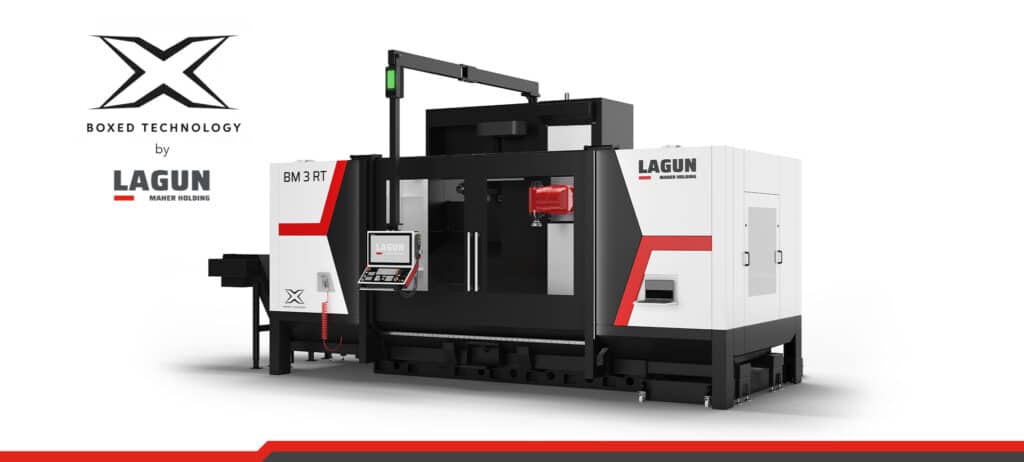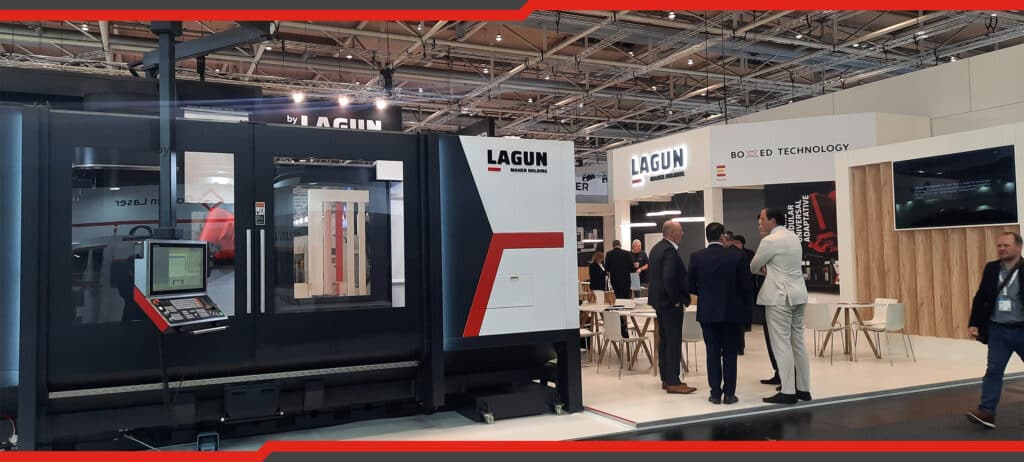
LAGUN MACHINE TOOLS modular architecture is a design approach in which a system is composed of separate and interchangeable components or modules Each module fulfills a specific function and can be easily added, removed or replaced without affecting the system as a whole This concept has several characteristics and advantages.
Flexibility and Scalability
LAGUN MACHINE TOOLS’s modular architecture allows for easy customization and adaptation to the changing requirements of our clients. We can integrate additional modules or replace existing ones, providing flexibility in functionality. This scalability allows systems to grow or shrink as needed, making them suitable for various applications.
Ease of Maintenance and Repair
With LAGUN MACHINE TOOLS’s modular architecture, we simplify troubleshooting and maintenance. Defective modules can be identified and replaced individually, minimizing downtime and reducing repair costs. We also facilitate updates and improvements, ensuring that the system is always up to date with the latest technologies.
Interoperability
Modular systems usually adhere to standard interfaces and protocols, allowing interoperability between different modules and components. This compatibility allows us to seamlessly integrate with other systems, promoting collaboration and avoiding dependence on a single provider.
Cost Efficiency
LAGUN MACHINE TOOLS’s modular approach promotes cost efficiency at different levels. First, it reduces initial development costs, since modules can be developed independently. Second, it makes upgrades easier instead of replacing the entire system, saving time and money. Finally, it simplifies inventory management by stocking interchangeable modules instead of maintaining a variety of specialized components.
Faster Development Cycles:
LAGUN MACHINE TOOLS’s modular architecture encourages parallel development and rapid prototyping. Teams can work on different modules simultaneously, reducing development time. This agility is especially beneficial in rapidly evolving industries where time to market is crucial.
Adaptability to Future Technologies:
By using a modular architecture, we ensure that the systems adapt more easily to future technological advances. We can add new modules to take advantage of emerging technologies, such as artificial intelligence, blockchain, or IoT, without the need for a complete system overhaul.
Fault Isolation and Resiliency:
Our modular systems are designed to isolate faults within individual modules, minimizing the impact on the entire system. If a module fails, it can be replaced without affecting the operation of other components. This fault-tolerant design improves system resilience and availability.
Reuse and Sustainability:
With modular architecture, we promote the reuse of components in different systems and projects. We reduce waste by avoiding the need to scrap the entire system when just one specific module becomes obsolete or needs to be updated. This approach aligns with sustainability goals and reduces environmental impact.

Overall LMT’s modular architecture provides flexibility, scalability, interoperability, cost efficiency, and adaptability to future technologies. These characteristics make it an attractive choice for building complex and constantly evolving systems in various fields, including software development, hardware design, robotics, and manufacturing.